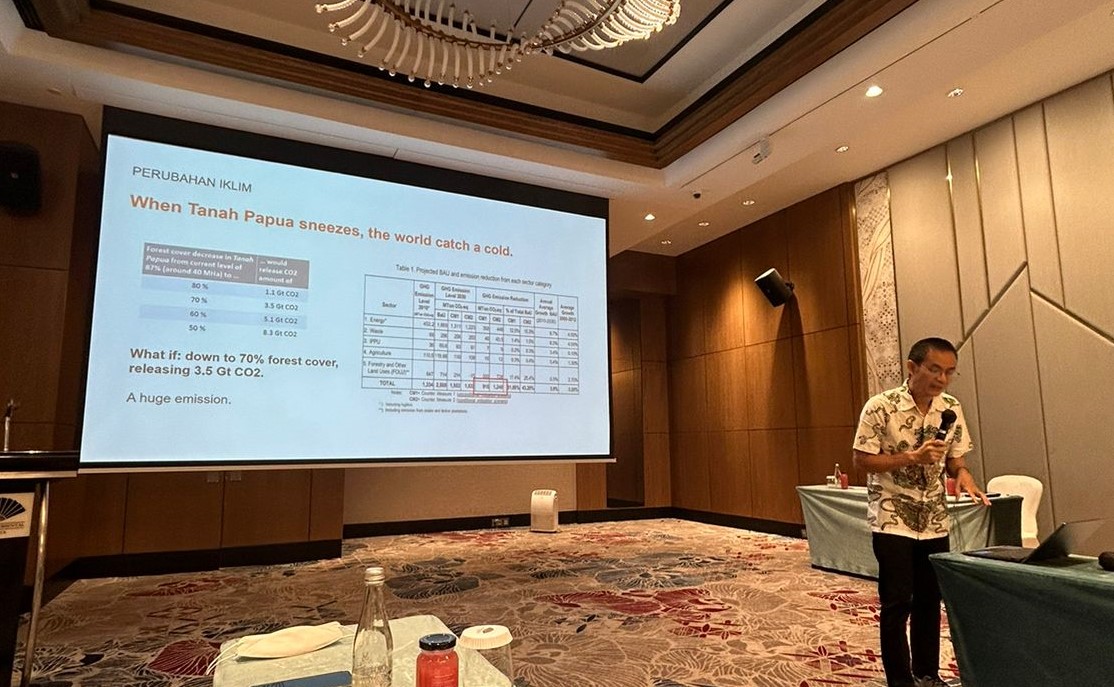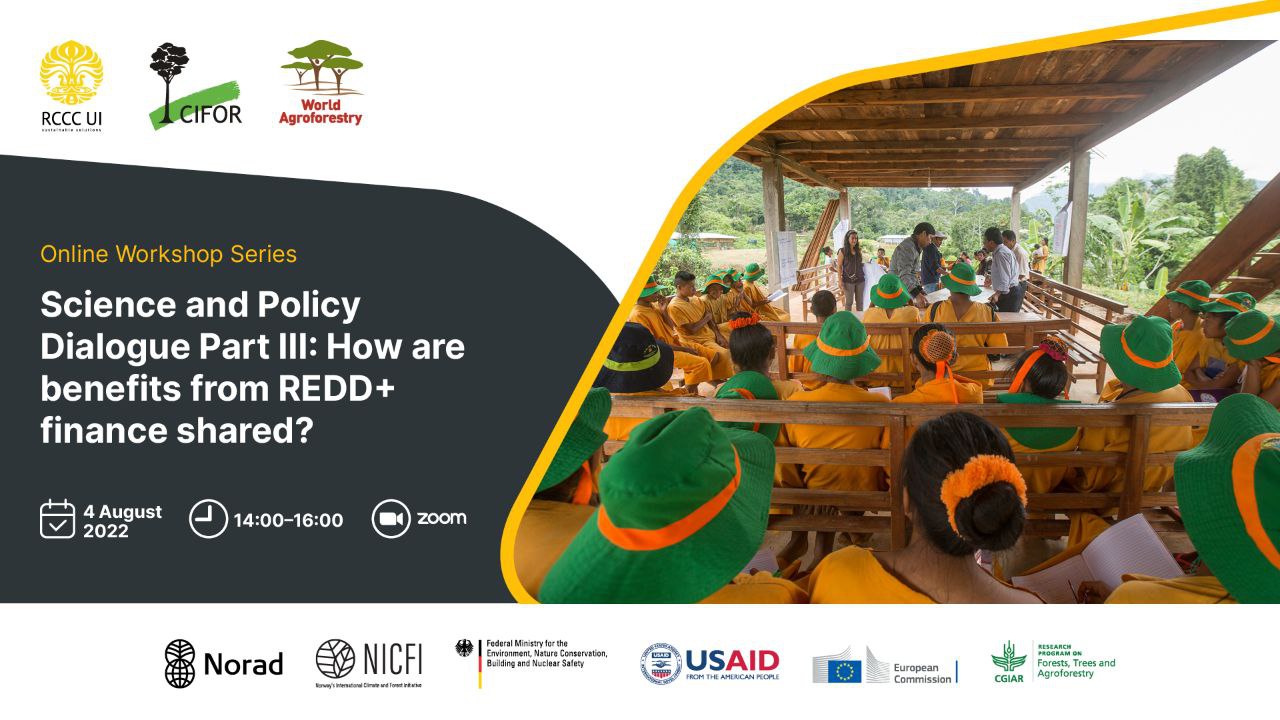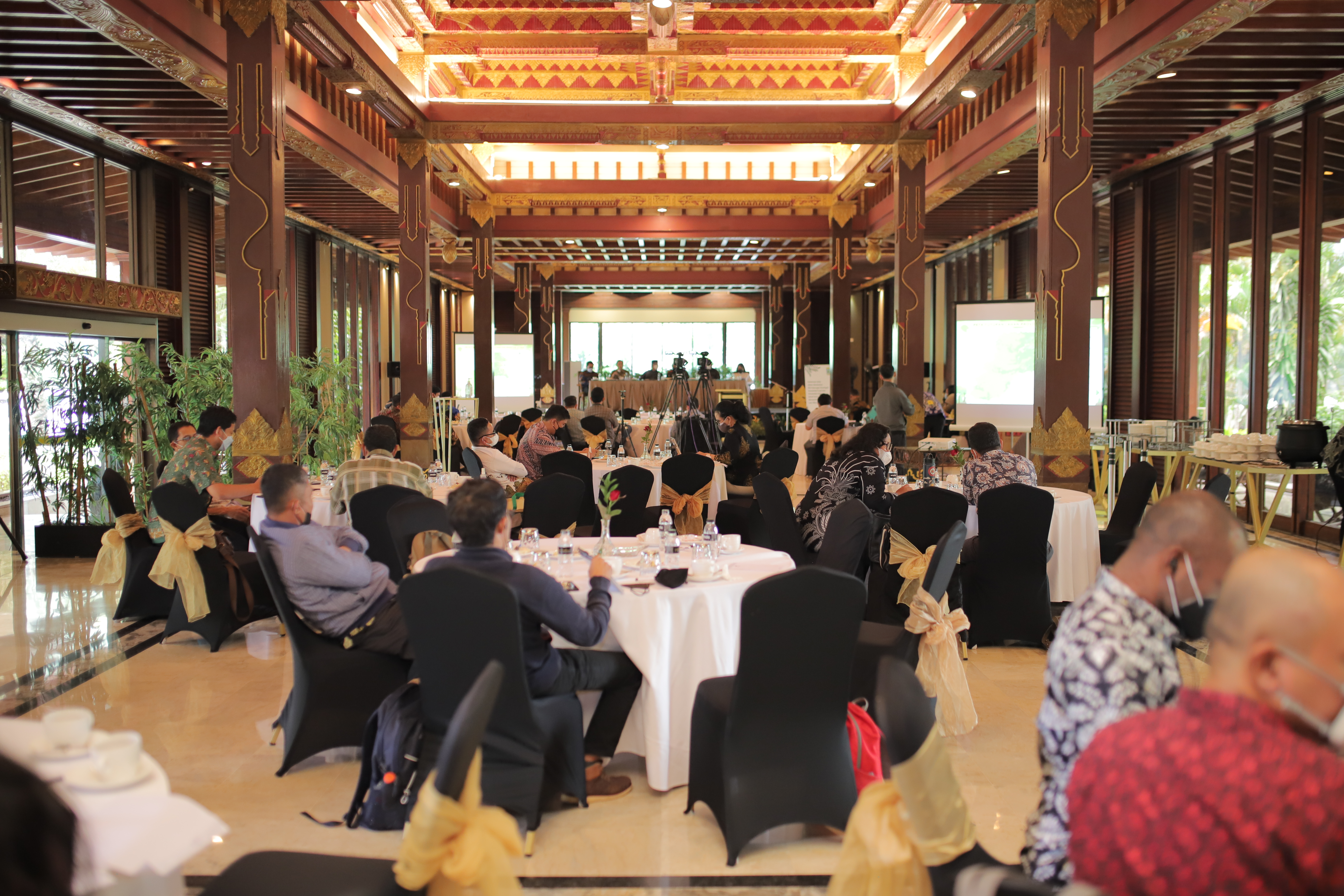Government cannot achieve the ambitious Agenda 2030 alone; active involvement of business, subregional authorities, capital markets and other non-state actors is crucial. There is a growing appetite to engage with the SDG agenda among the business community and sub-regional authorities. CCSF UI and RCCC UI entrusted by CDP to be an SDG specialist to review and update SDG engagement strategy in Indonesia, identify needed intervention areas, and build relations with policy makers at national and sub-national levels, and corporate sector.
Our contribution to this project explores the private sector’s contribution to climate and forest-related Sustainable Development Goals (SDGs), such as actions to mitigate climate change and protect forests which harmonizes with SDG 13 (Climate Action) for climate change and SDG 15 (Life on Land) for forest protection, restoration, and sustainability. There are several findings including but not limited to; 1. Identifying risks and opportunities in climate-related issues; 2. Emission and climate targets; 3. Strategy and financial planning; 4. Classifying low-carbon products, and; 5. Risk assessments and impacts for forest business. In addition, we also contribute to providing recommendations to the government and the private sector especially in the risks and opportunities of how climate change impacts on business, incorporate climate-related targets and the progress of meeting these targets into annual reporting and sustainability report, implementation of strategic policies related to the Low Carbon Development Initiative (LCDI) for all sectors, the mitigation and adaptation plans under the long term strategies for low carbon and climate resilience (LTS-LCCR), and the forestry and land use (FOLU) net sink, and Comply with certification regulations as required which the government expects to provide effortless as possible, including establishing clear guidelines on country-specific certification such as through ISPO/RSPO standard





